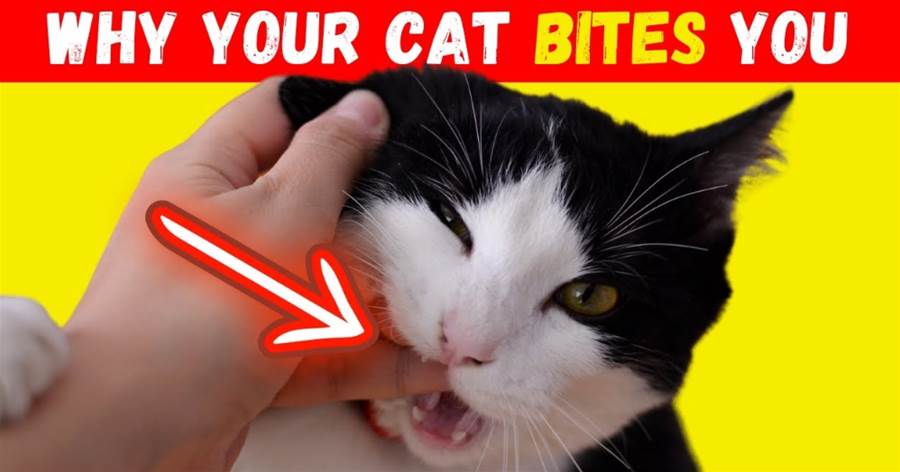
Cat bites can be confusing, especially when they seem to come out of nowhere. One moment your feline friend is peacefully lounging or playing, and the next thing you know, you’re on the receiving end of a sharp nibble. So, why do cats bite, and what are they trying to tell you? Let’s dive into 15 surprising reasons that might explain your cat’s biting behavior.
Petting your cat can be an enjoyable experience until, suddenly, it’s not. Cats have a threshold for physical touch, and when you unknowingly cross it, they might respond with a bite. This “petting-induced aggression” occurs when your cat feels overwhelmed by repetitive stroking, which may start feeling uncomfortable. Watch for signs like tail twitching or skin rippling to avoid this unpleasant reaction.
Cats, especially kittens, are natural hunters, and playtime is their practice ground.
When they bite during play, it’s usually not out of malice but because they’re honing their predatory skills. Your moving hands or feet are perfect targets for their instinctive pouncing and biting. Introducing interactive toys can help redirect this behavior, giving them an outlet for their hunting drive without causing you pain.
A scared cat is a biting cat.
The article is not finished. Click on the next page to continue.



















